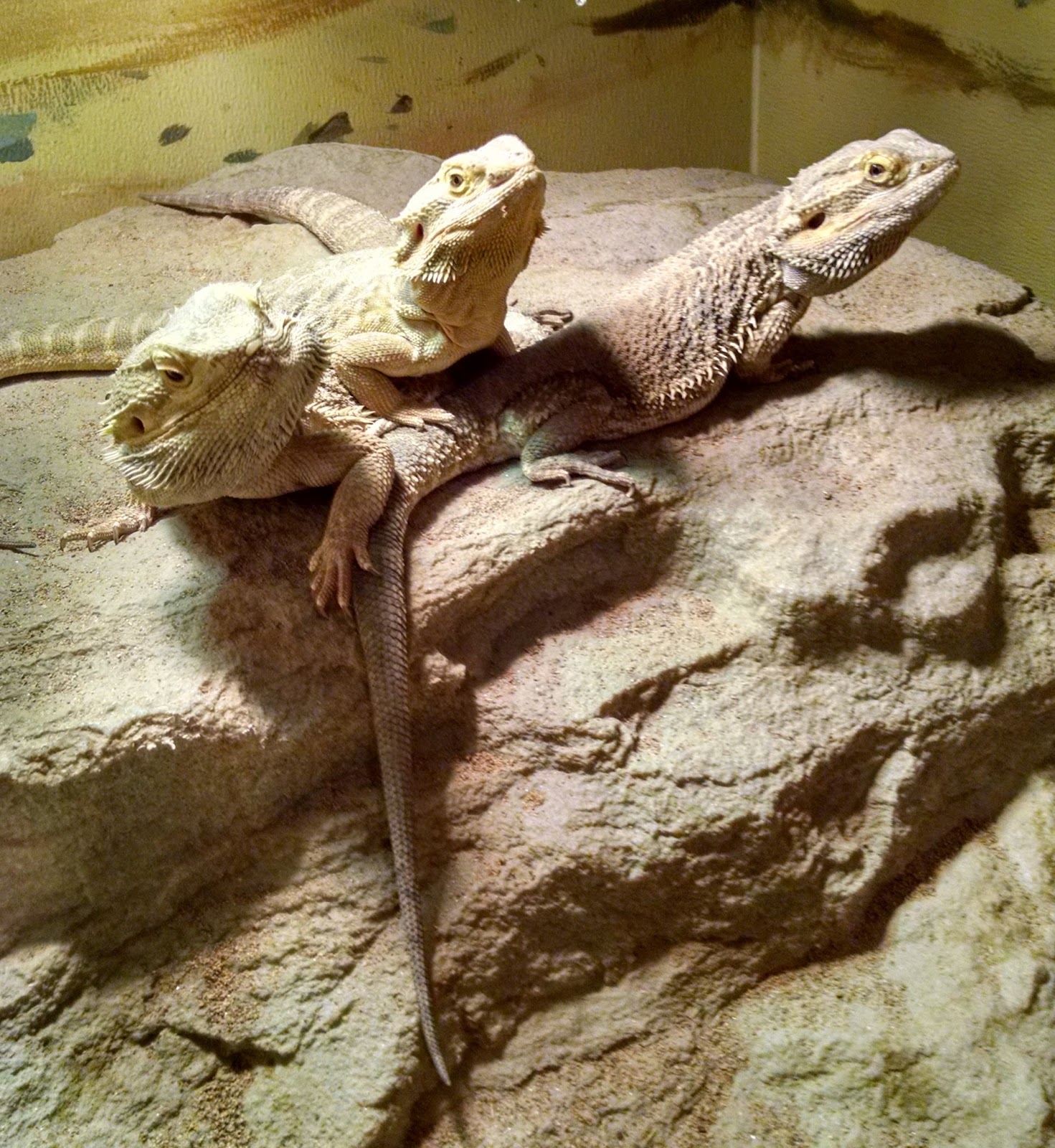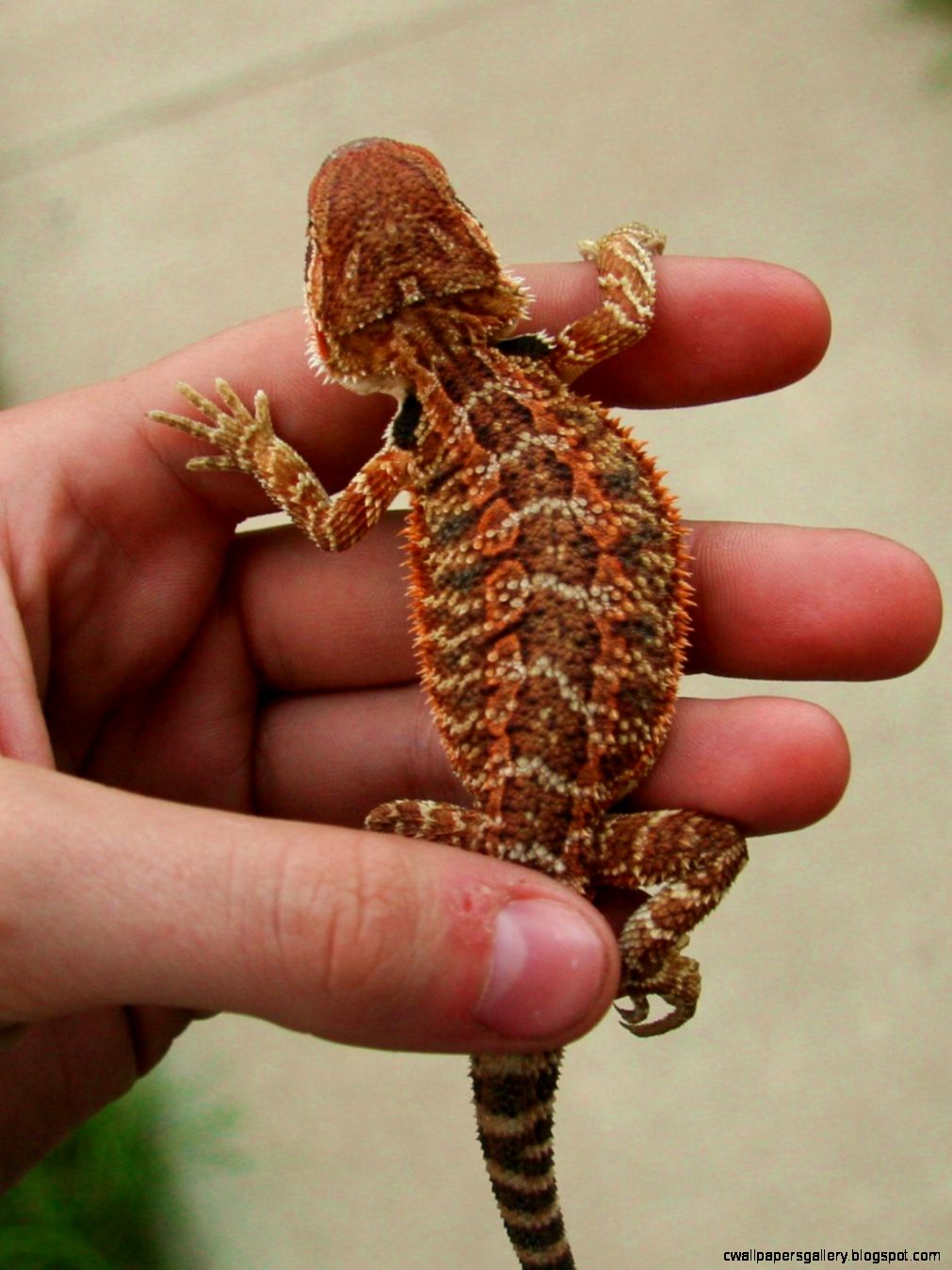The Ultimate Guide to Caring for a Baby Bearded Dragon
Introduction
Congratulations on your new baby bearded dragon! These little reptiles are fascinating and make great pets. However, they do require specific care to ensure they thrive and remain healthy. In this guide, we’ll go over everything you need to know about caring for a baby bearded dragon.
Housing Requirements
The first thing you’ll need for your baby bearded dragon is a properly sized enclosure. A 20-gallon tank is sufficient for one baby bearded dragon. As your dragon grows, you’ll need to upgrade to a larger tank. It’s important to provide a basking area with a heat lamp to mimic the warm temperatures they would experience in their natural habitat. You’ll also need to provide UVB lighting to help with their calcium absorption.

Temperature and Lighting
Maintaining the proper temperature and lighting is essential for the health of your baby bearded dragon. The basking area should be around 95-105 degrees Fahrenheit, and the cool side of the tank should be around 75-85 degrees Fahrenheit. UVB lighting should be on for 12-14 hours a day.

Feeding
Baby bearded dragons need a diet that is high in protein and calcium. A diet of crickets, mealworms, and dubia roaches is ideal for them. It’s important to provide a variety of food to ensure that your dragon receives the necessary nutrients. Offer food daily and remove any uneaten insects within 30 minutes.

Handling and Socialization
Handling your baby bearded dragon is important to socialize them and help them get used to being handled. However, it’s important to handle them gently and avoid picking them up by their tail, as it can cause it to break. Allow your dragon to explore your hands and be patient as they get used to the experience.

Health Concerns
Be aware of common health concerns in baby bearded dragons, such as metabolic bone disease, impaction, and respiratory infections. Regular check-ups with a veterinarian who specializes in reptile care are recommended to ensure your dragon remains healthy.

Conclusion
Caring for a baby bearded dragon may seem intimidating at first, but with the proper care and attention, it can be a rewarding experience. Remember to provide a suitable enclosure, maintain proper temperatures and lighting, offer a varied diet, handle your dragon gently, and keep up with regular veterinarian visits. Your new little friend will thrive and give you many years of enjoyment!
